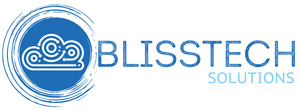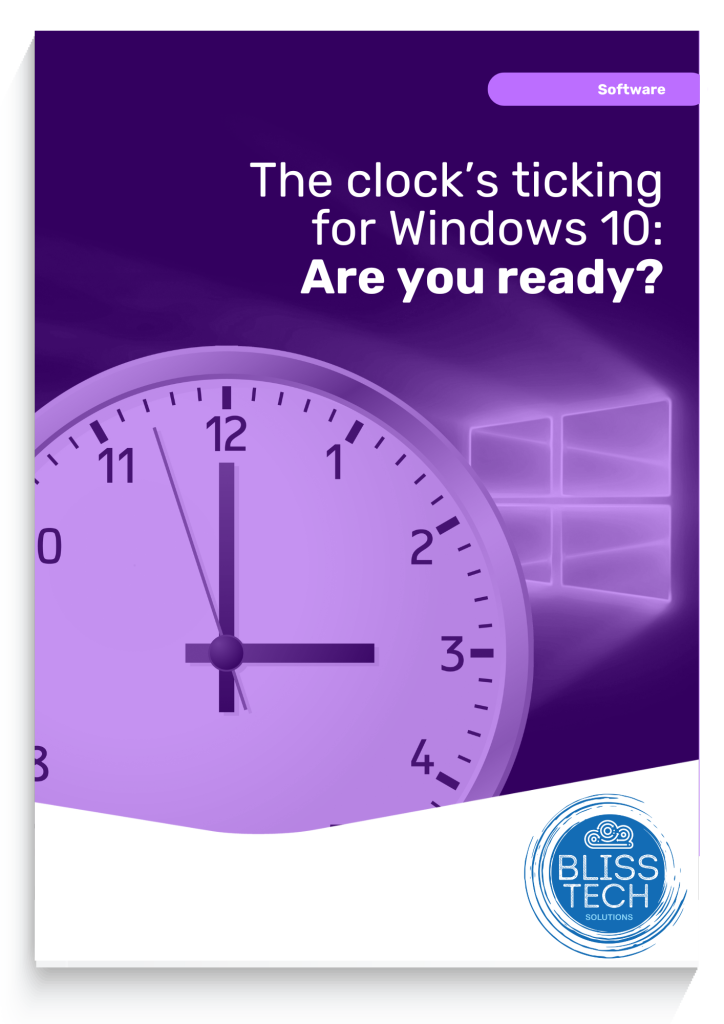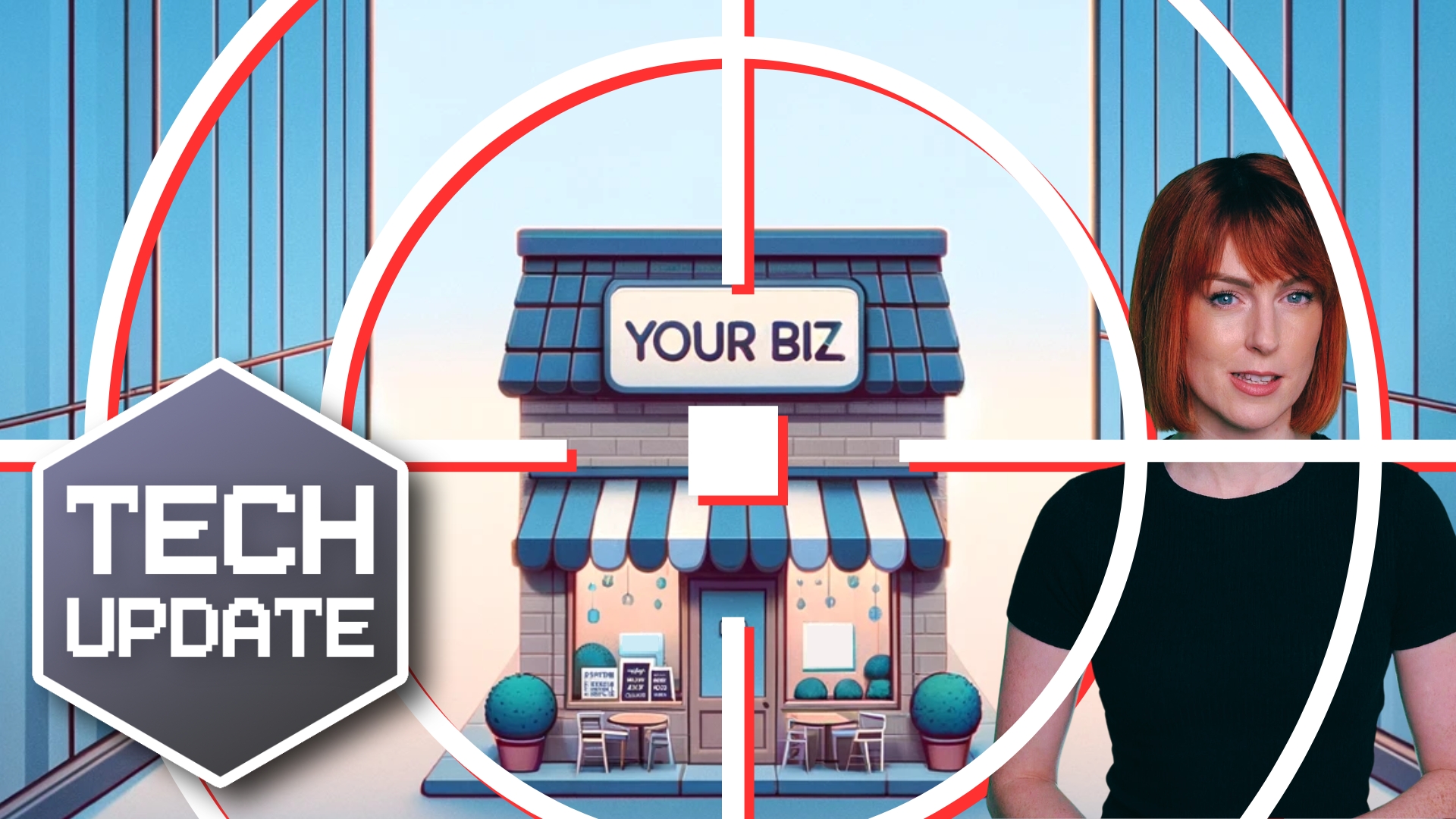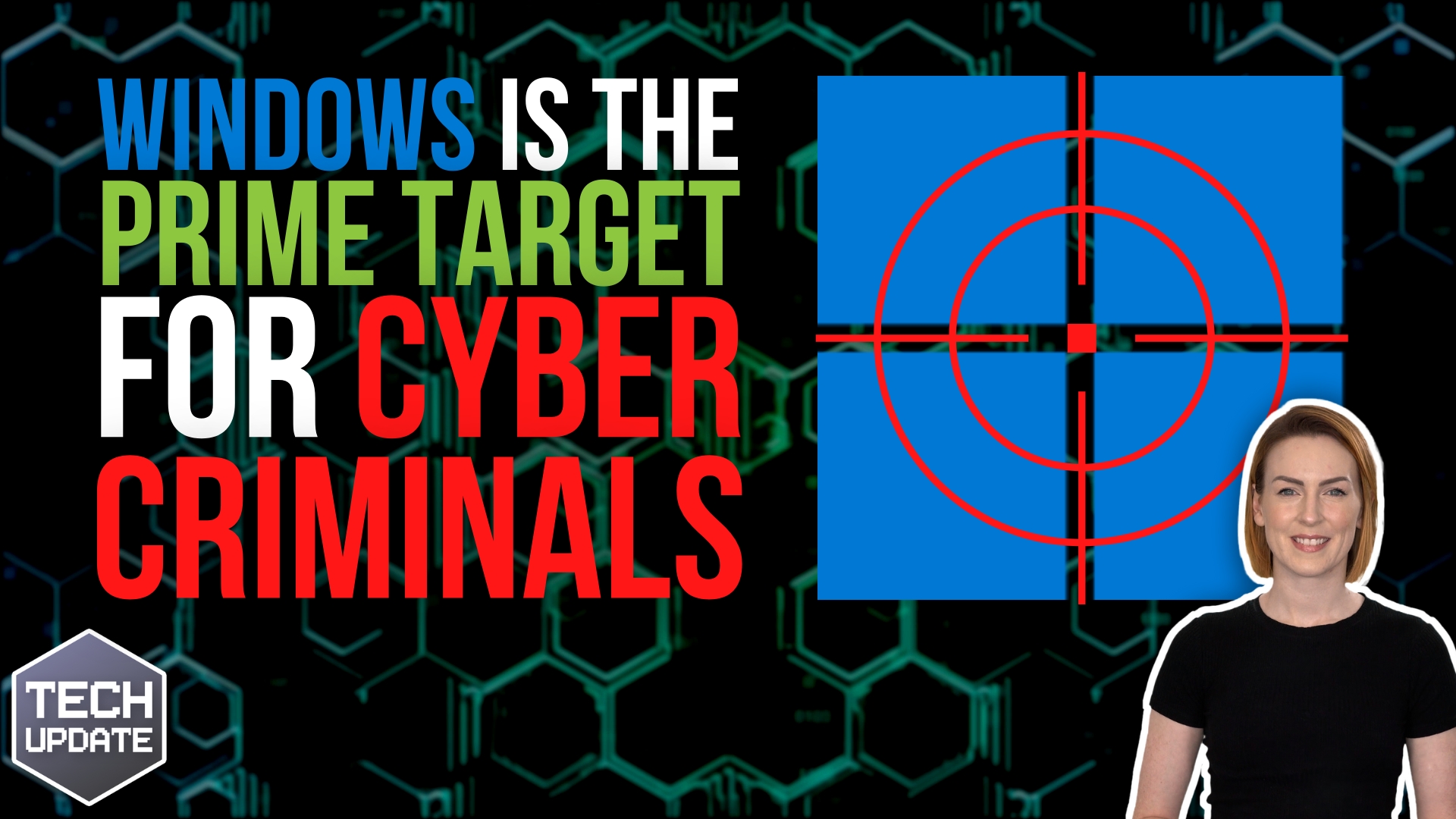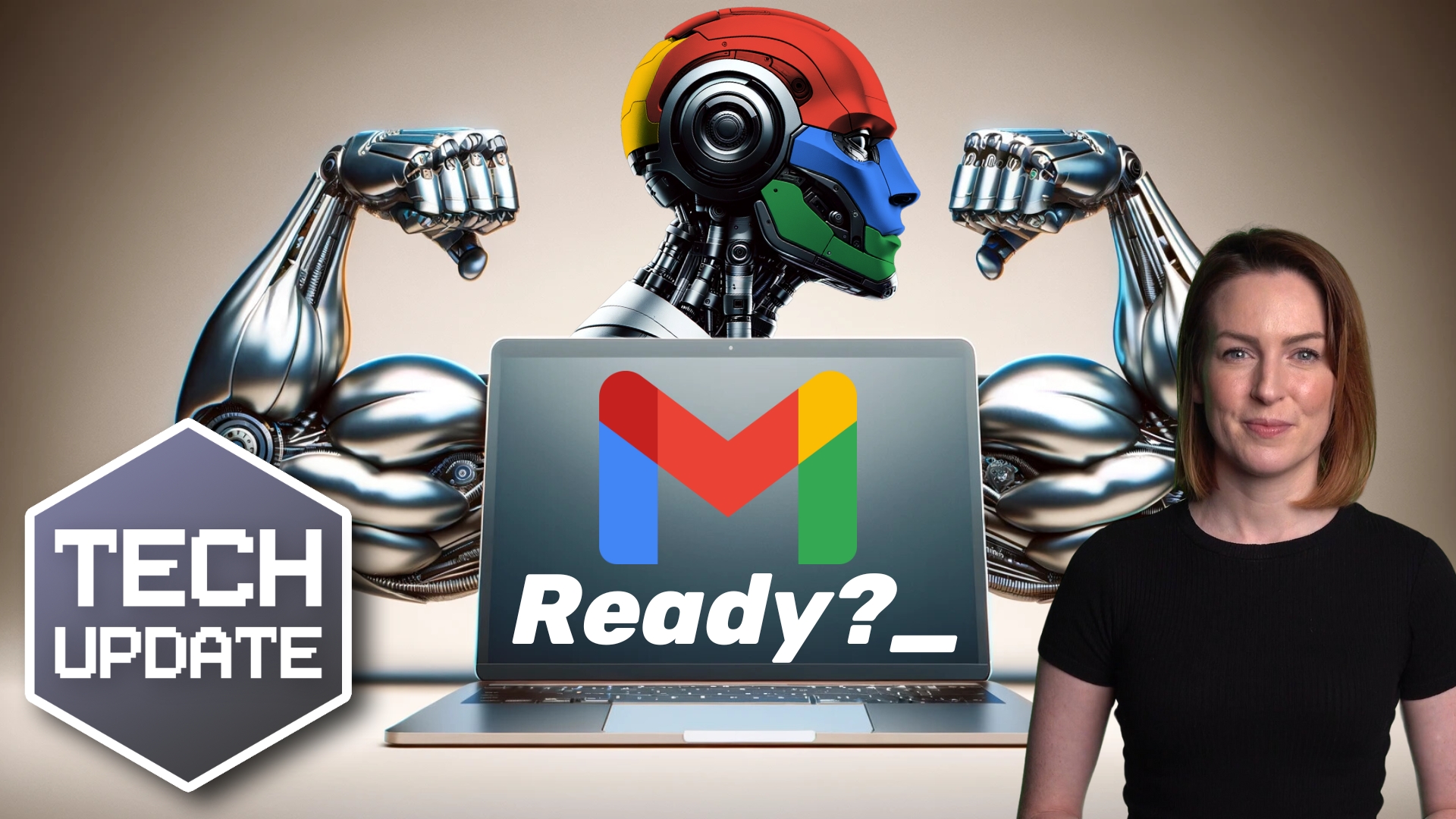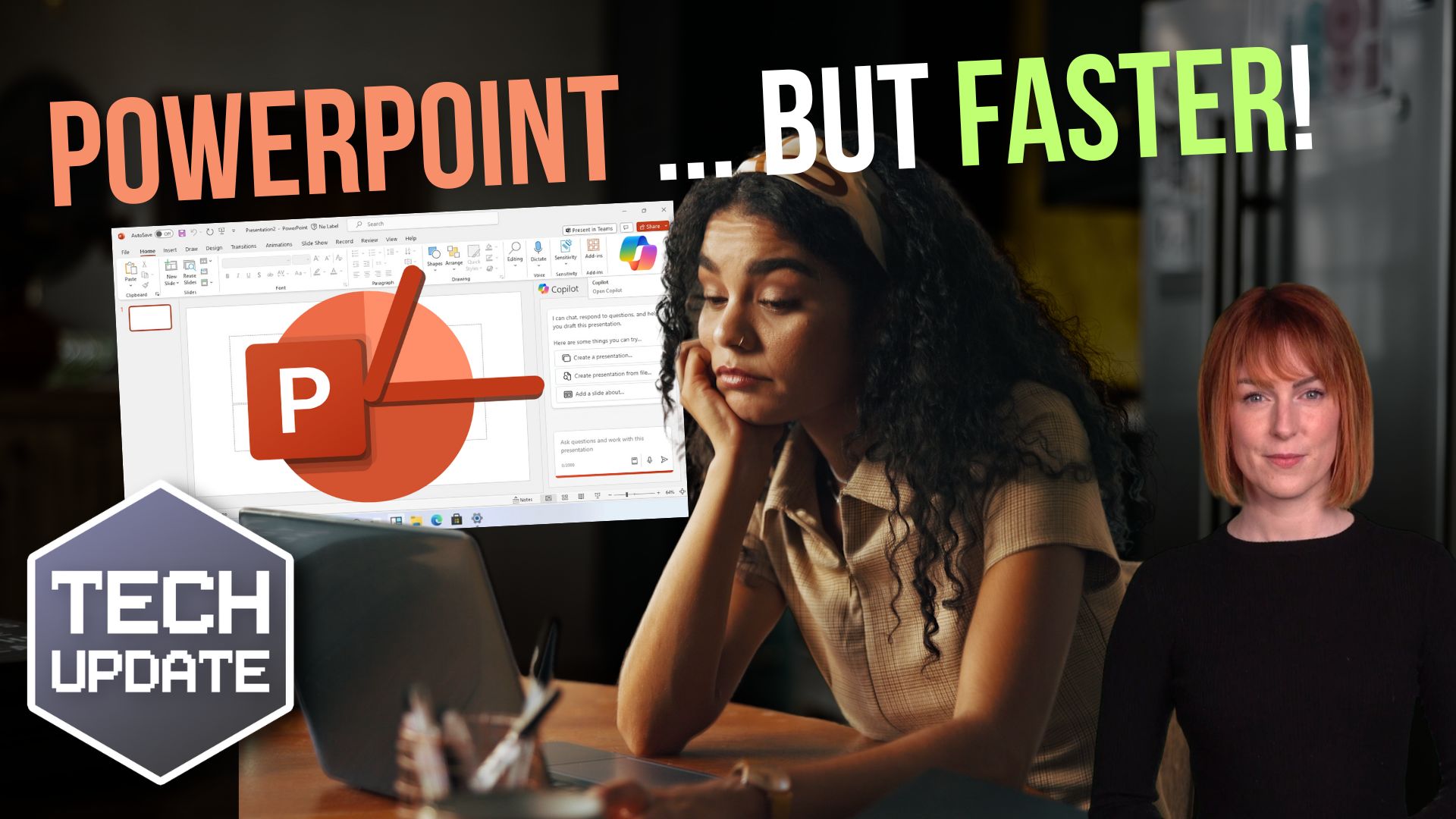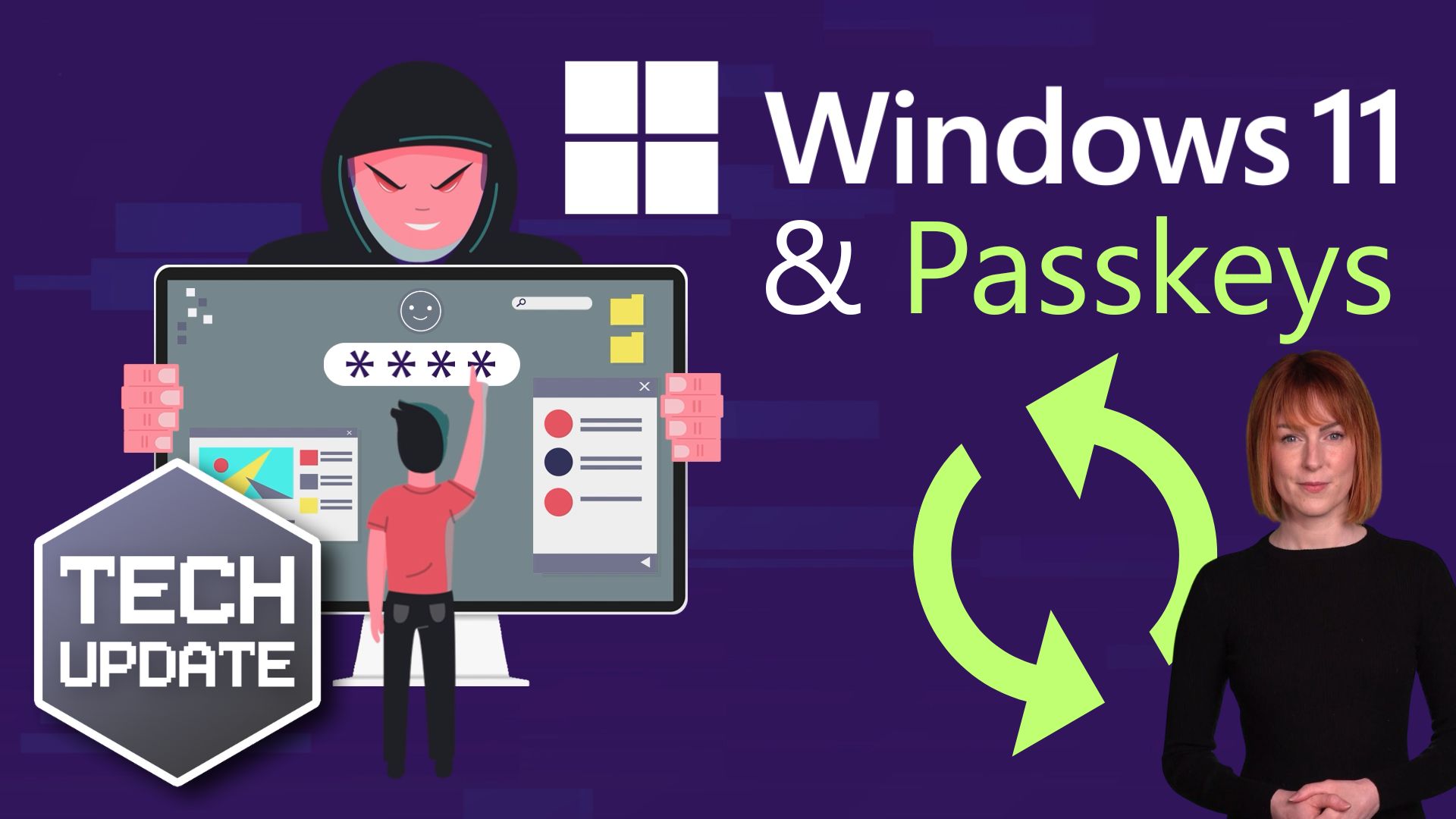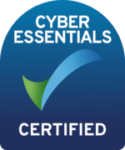The Clock’s Ticking for Windows 10: Are You Ready?
14th October 2025 is the day Microsoft ends free support for Windows 10. This means no new features, no bug fixes, and no more security updates. You can’t risk that.
Why Upgrade to Windows 11?
Windows 11 offers a modern interface, improved performance, and advanced security features. Upgrading ensures you stay ahead of potential security threats and take advantage of the latest technology.
Steps to Upgrade
- Check Compatibility: Ensure your hardware meets Windows 11 requirements.
- Backup Data: Protect your important files.
- Plan the Upgrade: Choose a time with minimal disruption.
- Install Windows 11: Follow Microsoft’s instructions.
- Post-Upgrade Checks: Ensure everything works correctly.
Call to Action
Don’t wait until the last minute. Download our comprehensive educational guide now to learn everything you need to know about upgrading to Windows 11 and keep your business safe and running smoothly. If you need professional help and advice, please get in touch.
